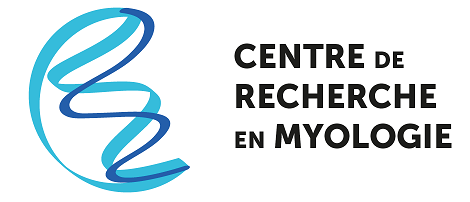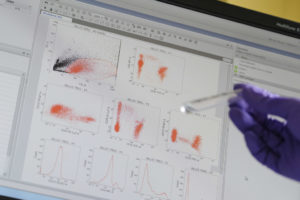Next events
No events are found.
Past events

Zoom link => https://zoom.us/j/94418811354
Présentiel: Amphi Babinski – Institut de Myologie
The dark side of the human genome: Translation of microsatellite mutations located in non-coding sequences in novel and toxic proteins in neurological diseases
Nicolas Charlet
IGBMC
Biosketch: Charlet_IM_Seminar_2025

Zoom link => https://zoom.us/j/94390388074
Présentiel: Amphi Babinski – Institut de Myologie
Signaling intertwining and receptor partitioning between integrins and BMP2 receptors to govern cell migratory strategies
Corinne Albiges Rizo
Institut Albert Bonniot
SBCF
Biosketch: Corinne Albiges-Rizo received a PhD in Cellular and Molecular biology from the University of Grenoble in 1990. She worked as a PhD student at EMBL in Grenoble and completed her post-doctoral research as a fellow in HHMI in Chicago. She moved back to Grenoble as a CNRS Scientist. Her team is based within the Institute for Advanced Biosciences (Institut Albert Bonniot) and she also heads the department of microenvironment and cell plasticity. She was President of the French Society for Cell Biology (SBCF). Using transdisciplinary approach, her team is investigating how adhesion sites sense varied external cues to modulate downstream signaling networks and force transmission to elucidate the sensory mechanisms underlying invasion and tissue architecture. The team is specifically exploring the biological and physiological relevance of integrin activation. The question is to know how cells integrate physical and biochemical cues of their environment and intertwine signaling networks that ultimately control their shape, their contractile state, their communication capacity and their migratory behavior. To address how cells detect temporally close but spatially distant signals, such as growth factors and extracellular matrix components to control multi-decisional signaling, the team combines biomaterials, optogenetics, advanced live cell imaging including single-particle-tracking localization microscopy (SPT-PALM) along with morphometric and dynamic measurements. The team has shown the property of BMP2 signal to override the effects of soft biomaterial-induced signaling through an integrin-dependent biomechanical response and a segregation of BMP2 receptor subpopulation in adhesion sites to couple cell differentiation and cell migration. Ongoing investigation in Corinne Albiges-Rizo’s laboratory aims at integrating integrin and BMP2 signaling into epithelial mechanics and collective migration under 2D and 3D experimental settings.
Fourel L, Valat A, Faurobert E, Guillot R, Bourrin-Reynard I, Ren K, Lafanechère L, Planus E, Picart C, Albiges-Rizo C. β3 integrin-mediated spreading induced by matrix-bound BMP-2 controls Smad signaling in a stiffness-independent manner. J Cell Biol. 2016 Mar 14;212(6):693-706. doi: 10.1083/jcb.201508018. Epub 2016 Mar 7. PMID: 26953352; PMCID: PMC4792076.
Guevara-Garcia A, Fourel L, Bourrin-Reynard I, Sales A, Oddou C, Pezet M, Rossier O, Machillot P, Chaar L, Bouin AP, Giannone G, Destaing O, Picart C, Albiges-Rizo C. Integrin-based adhesion compartmentalizes ALK3 of the BMPRII to control cell adhesion and migration. J Cell Biol. 2022 Dec 5;221(12):e202107110. doi: 10.1083/jcb.202107110. Epub 2022 Oct 7. PMID: 36205720; PMCID: PMC9552562.
Kyumurkov A, Bouin AP, Boissan M, Manet S, Baschieri F, Proponnet-Guerault M, Balland M, Destaing O, Régent-Kloeckner M, Calmel C, Nicolas A, Waharte F, Chavrier P, Montagnac G, Planus E, Albiges-Rizo C. Force tuning through regulation of clathrin-dependent integrin endocytosis. J Cell Biol. 2023 Jan 2;222(1):e202004025. doi: 10.1083/jcb.202004025. Epub 2022 Oct 17. PMID: 36250940; PMCID: PMC9579986
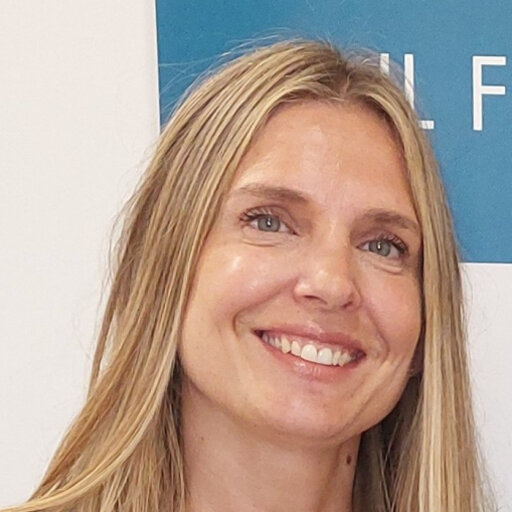
Zoom link => https://zoom.us/j/91093071592
Metabolic Organelles and Their Role in Muscle Mass Maintenance
Vanina Romanello
Professoressa Associata
Universita degli studi di Padova
Biosketch:Vanina Romanello is an Associate Professor of General Pathology at the University of Padua, Italy, and a researcher at the Venetian Institute of Molecular Medicine in Padova. She has a long track record investigating the mechanisms that control muscle mass in health and disease. Over the last decade, her research has focused on mitochondria quality control pathways, establishing a causal link between muscle-specific mitochondrial network alterations, muscle loss, and Fgf21-dependent disruption of whole-body homeostasis. Furthermore, she demonstrated that Fgf21 is a novel player in mitophagy and muscle loss. Her team is currently investigating new metabolic players involved in maintaining muscle health, with particular emphasis on the role of the peroxisomal-mitochondrial interactions in muscle function under both healthy and diseased conditions.

Zoom link => https://zoom.us/j/93989628310
Selective reduction of toxic RNAs rescue splicing dysregulation across repeat expansion diseases
J. Andrew Berglund
Professor, Director of The RNA Institute
Department of Biological Sciences, University at Albany
Berglund Lab
The primary goal of the Berglund lab at the RNA Institute is to understand the molecular mechanisms of pre-mRNA splicing and toxic RNA disorders, with a focus on the most common form of adult-onset muscular dystrophy – myotonic dystrophy. We use biochemical, genomic, and cellular approaches to study the fundamental rules that govern RNA processing and how these events are disrupted in disease. Knowledge gained from basic biological studies is applied to developing therapeutic strategies, including small molecules, antisense oligonucleotides, and gene editing, for myotonic dystrophy and related devastating repeat expansion diseases. As a researcher and the Director of the RNA Institute, I work collaboratively with RNA Institute faculty to advance our mission to develop and deliver tools, analytics, and early-stage discoveries necessary for the progression of RNA-based therapeutics and diagnostics.
https://www.albany.edu/rna/research-rna-institute/berglund-lab
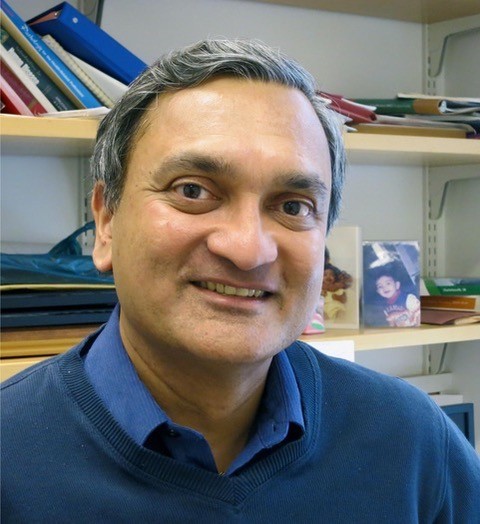
Zoom link => https://zoom.us/j/99899672100
Cellular and Molecular Drivers of Fibrosis in RNA Toxicity
Mani S. Mahadevan
Professor, University of Virginia
Dr. M.S Mahadevan worked in the area of RNA toxicity and disease for the past 30 years, with a focus on myotonic dystrophy (DM1). He was one of the discoverers of the DM1 mutation, sequenced the DMPK gene, and subsequently studied DM pathogenesis and helped establish the concept of RNA toxicity in disease with an emphasis on muscle and cardiac effects. Recently, he used an inducible mouse models of RNA toxicity to demonstrate a dystrophic phenotype including fatty infiltration and fibrosis that is amenable to antisense oligonucleotide based therapeutics.
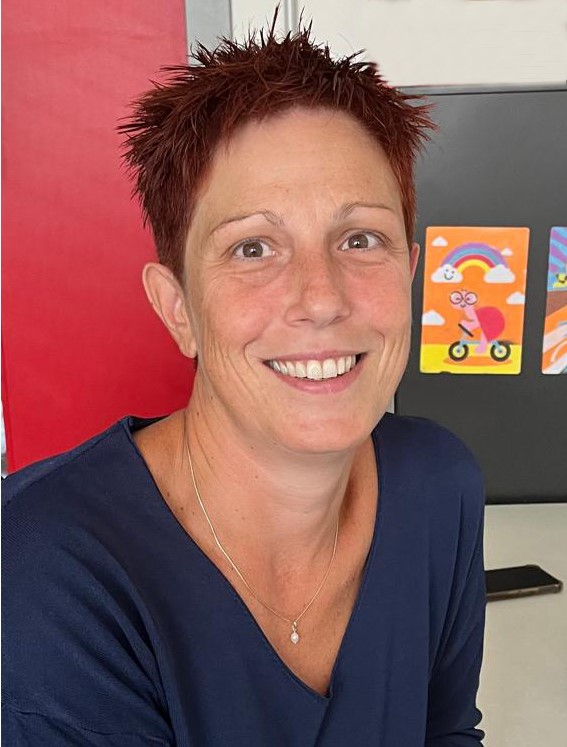
Zoom link => https://zoom.us/j/99542173262
Keeping healthy mitochondria to support Duchenne Muscular Dystrophy recovery: exploring new horizons in pharmacological interventions
Clara De Palma
Associate Professor, Department of Medical Biotechnology and Translational Medicine
Clara De Palma biosketch
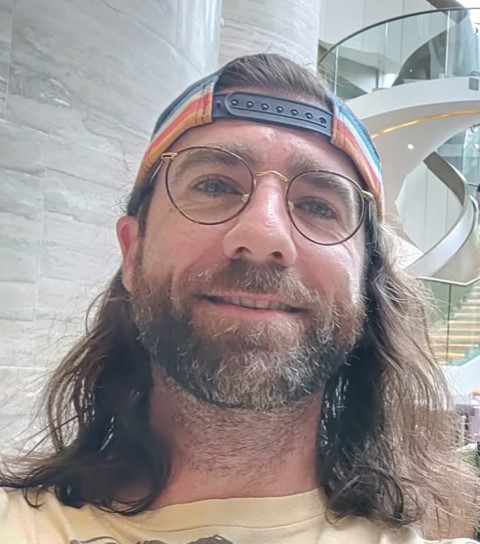
Zoom link => https://zoom.us/j/93150228421
Integrating in silico predictions with an engineered tissue assay identifies re-quiescence cue for muscle stem cells
Fabien Le Grand
Research Team Leader, NeuroMyoGène Institute, Lyon, France
Skeletal muscles comprise approximately 40 % of total body weight, contain 50–75 % of all body proteins and contribute significantly to multiple bodily functions. This tissue architecture is characterized by a very particular arrangement of muscle fibers (myofibers) and associated support tissues (blood vessels; stroma).
Myofibers can regenerate following injury. This is due to the presence of resident stem cells called satellite cells (MuSCs). When activated by extrinsic stimuli, satellite cells proliferate and differentiate into new myofibers.
Our previous studies, and those of others, highlighted that many signaling cascades control muscle tissue repair. We thus focus on signaling pathways deployed during regeneration and aim to push forward the frontier of our current knowledge on adult myogenesis.
In an original approach, our team utilize conditional mouse models, transcriptomics and epigenomics, as well as single-cell analyses. Our research will identify specific targets for therapeutic development, which will be the basis for future translational research to treat muscular dystrophies
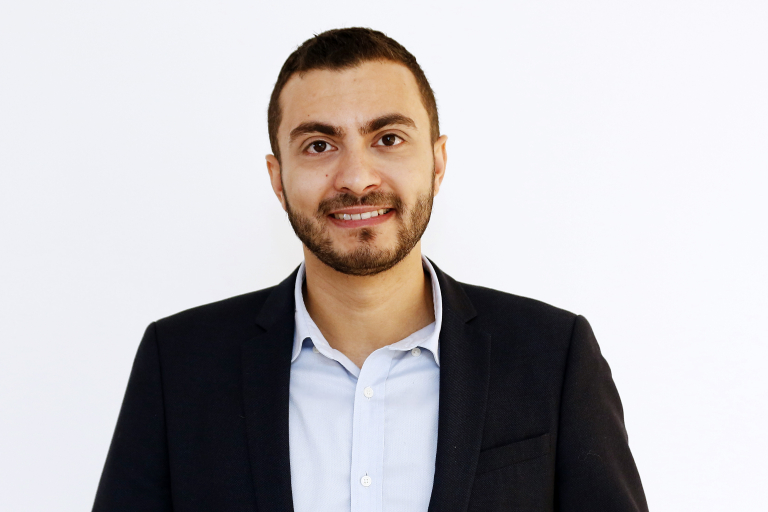
Zoom link => https://zoom.us/j/98047846029
m6a RNA methylation orchestrates IMP1 regulation of microtubules during human motor neuron differentiation
Pierre Klein
Postdoctoral Fellow at UCL and Francis Crick Institute, London UK
Neuronal differentiation requires building a complex intracellular architecture, and therefore the coordinated regulation of defined sets of genes. RNA-binding proteins (RBPs) play a key role in this regulation. However, while their action on individual mRNAs has been explored in depth, the mechanisms used to coordinate expression of the gene programs shaping neuronal morphology are poorly understood. To address this, we analysed how the RBP IMP1 (IGF2BP1), an essential developmental factor, selects and regulates its RNA targets during the differentiation of human neurons. We performed a combination of system-wide and molecular analyses, revealing that IMP1 developmentally transitions to and directly regulates the expression of mRNAs encoding essential regulators of the microtubule network, a key component of neuronal morphology. Furthermore, we showed that m6A methylation drives the selection of specific IMP1 mRNA targets and their protein expression during the developmental transition from neural precursors to neurons, providing a molecular principle for the onset of target selectivity.
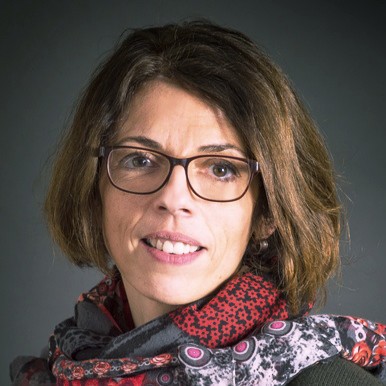
Zoom link => https://zoom.us/j/91385065678
Restorative macrophage-derived RNAseT2 stimulates muscle stem cell fusion via an SLK/N-WASP/actin bundling dependent axis
Benedicte Chazaud
Institut NeuroMyoGène
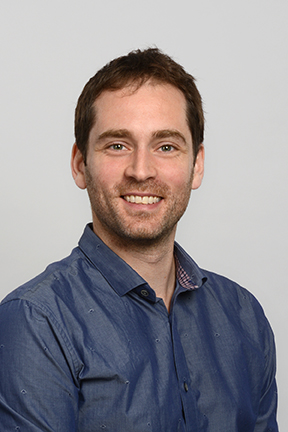
Zoom link => https://zoom.us/j/99379642366
Understanding muscle stem cell defects in satellite cell-opathies to develop new therapeutic avenues
Nicolas Dumont
Professeur agrégé, École de réadaptation, Faculté de médecine, Université de Montréal (2021)
Chef adjoint de l’axe Santé musculosquelettique, réadaptation et technologies médicales, Centre de recherche du CHU Sainte-Justine (2023)
